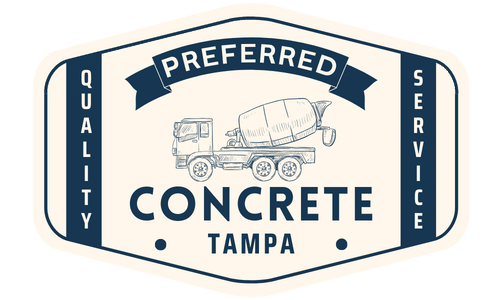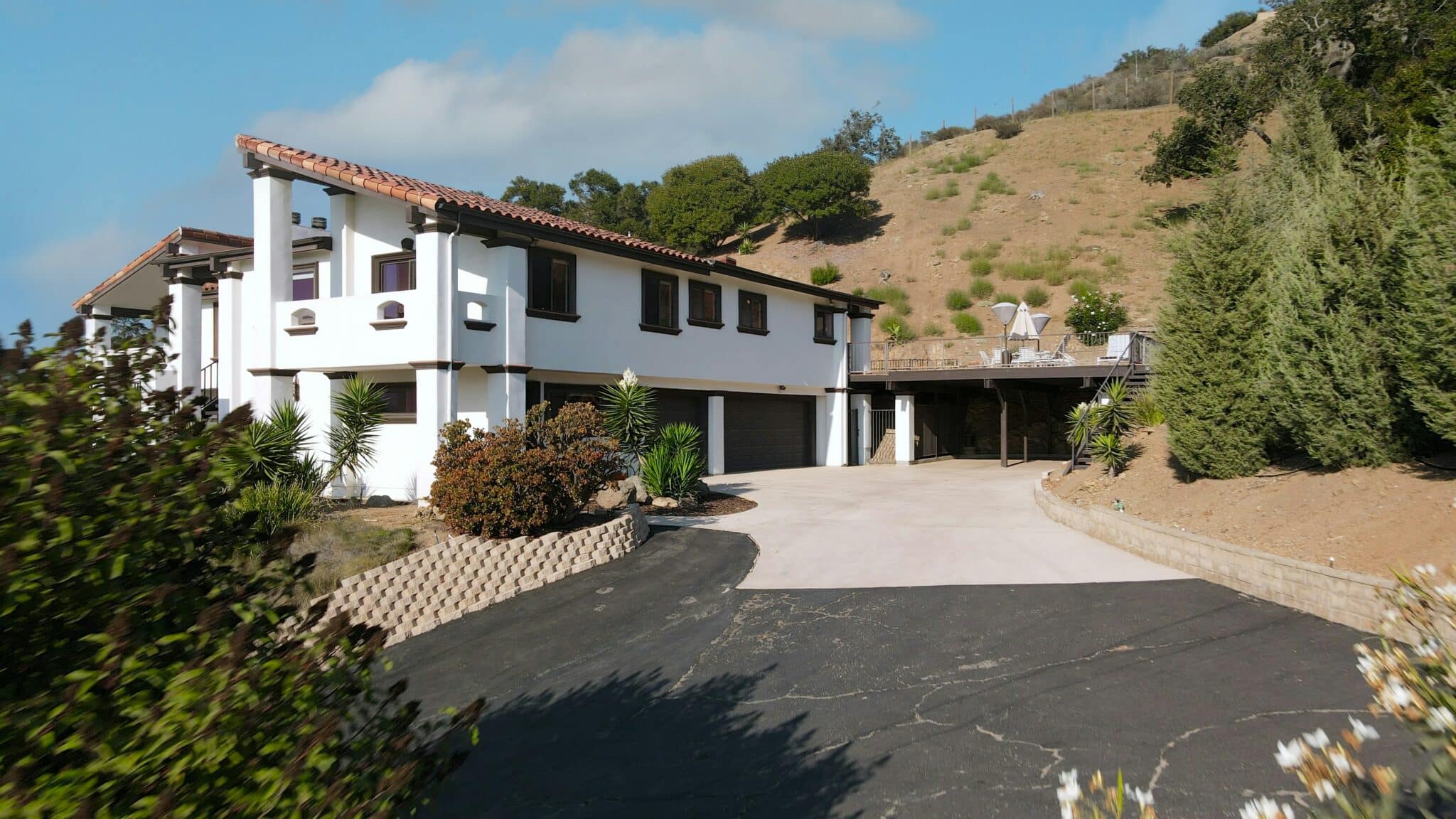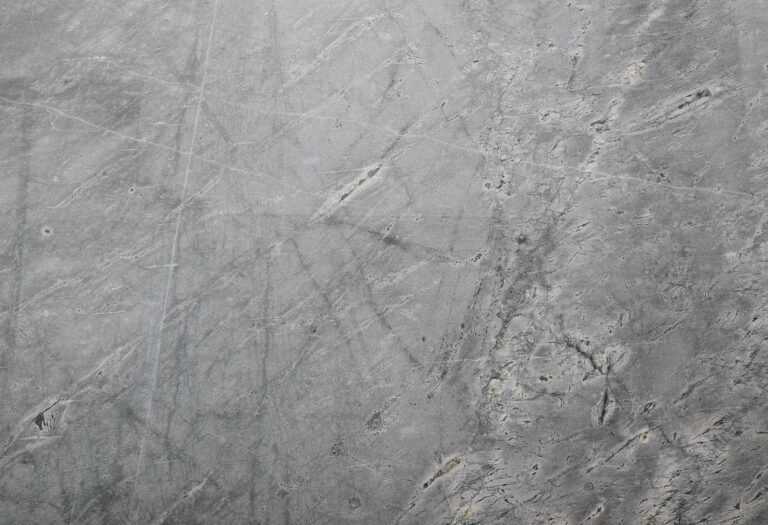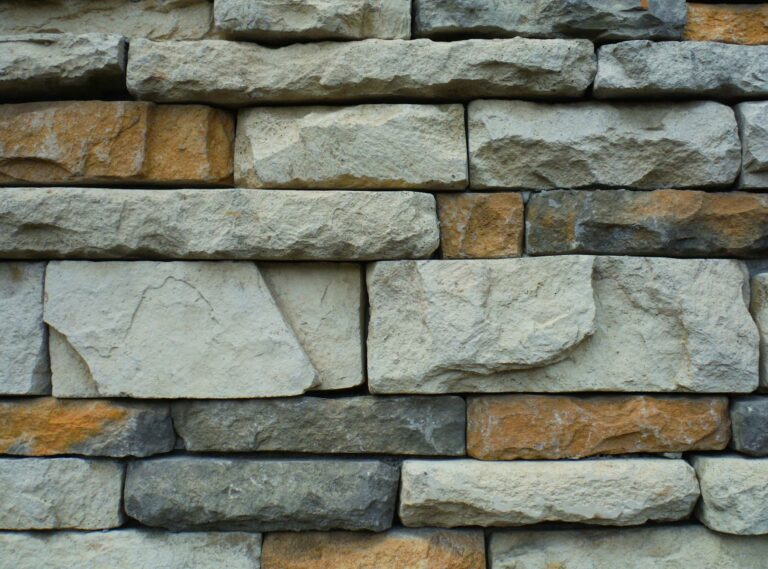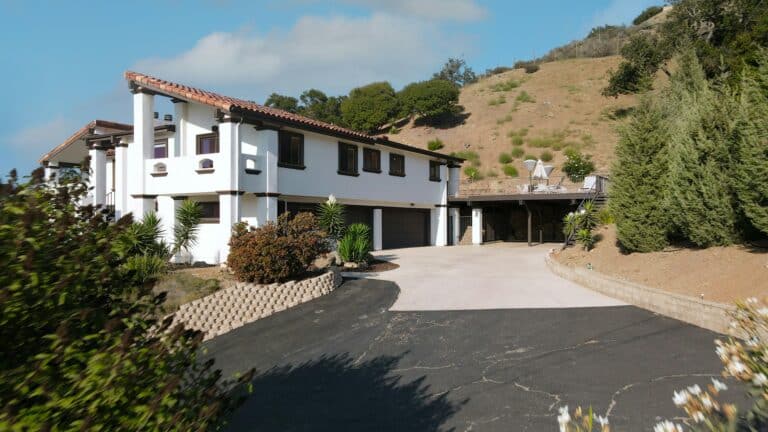Concrete Driveways: A Durable Choice
When it comes to driveways, concrete is a popular choice for its durability, longevity, and aesthetic appeal. Concrete driveways offer numerous benefits and can withstand heavy loads, making them an excellent option for homeowners. Let’s explore the benefits of concrete driveways and discuss their lifespan and maintenance requirements.
Benefits of Concrete Driveways
Concrete driveways provide several advantages that make them a preferred choice for homeowners. Here are some key benefits:
-
Durability: Concrete driveways are known for their exceptional durability. They can withstand heavy loads and are resistant to cracking, making them suitable for parking multiple vehicles or RVs. Unlike other materials, concrete driveways hold up well in various weather conditions.
-
Low Maintenance: Concrete driveways require minimal maintenance compared to other driveway materials. Regular cleaning and occasional sealing are usually sufficient to keep them in excellent condition. This saves homeowners time and money in the long run.
-
Curb Appeal: Concrete driveways enhance the overall aesthetics of a property and provide excellent curb appeal. They come in various finishes and patterns, allowing homeowners to customize the look of their driveway to complement their home’s style.
-
Long Lifespan: A well-maintained concrete driveway can last anywhere from 25 to 30 years, or even longer in some cases. Factors such as climate, usage, and the quality of installation can influence the lifespan of a concrete driveway. To maximize its longevity, proper installation and regular maintenance are essential.
For more information on the benefits of concrete driveways, visit our article on concrete driveways.
Lifespan and Maintenance of Concrete Driveways
Concrete driveways have a lifespan of up to 30 years, making them a durable and long-lasting choice for homeowners. However, to ensure their longevity, proper maintenance is crucial.
Regular maintenance practices for concrete driveways include:
-
Cleaning: Regularly remove debris, dirt, and stains from the surface of the driveway. This prevents the buildup of contaminants that can lead to discoloration and deterioration.
-
Sealing: Applying a high-quality concrete sealer every few years helps protect the driveway from moisture penetration, UV damage, and staining. Sealing also enhances the appearance of the driveway and prolongs its lifespan.
-
Repairing: Address any cracks or damage promptly to prevent further deterioration. Small cracks can be repaired with concrete patching products, while larger issues may require professional repair services.
By following these maintenance practices, homeowners can extend the lifespan of their concrete driveways and prevent costly repairs. For more information on concrete driveway repairs and maintenance, visit our article on concrete driveway repair and maintenance.
Concrete driveways offer a durable and long-lasting solution for homeowners. With proper installation, regular maintenance, and periodic sealing, concrete driveways can provide years of reliable service while enhancing the overall aesthetics of a property.
Factors Affecting Concrete Driveways
When it comes to concrete driveways, there are several factors that can have an impact on their performance and longevity. Understanding these factors is essential for ensuring a durable and long-lasting driveway.
Common Issues with Concrete Driveways
Concrete driveways are prone to certain common issues that can affect their appearance and structural integrity. Some of the most common issues include:
-
Cracking: Cracks can develop in concrete driveways due to various factors. One of the main causes of cracking is freeze-thaw cycles, where the water within the concrete expands and contracts with temperature changes, leading to cracks (Cesar’s Concrete). Heavy loads, such as vehicles and equipment, can also cause cracking over time.
-
Spalling: Spalling refers to the flaking or chipping of the concrete surface. It can occur due to a combination of factors, including freeze-thaw cycles, improper installation techniques, and the use of low-quality concrete. Spalling not only affects the aesthetics of the driveway but can also lead to further damage if left unaddressed.
To mitigate these issues, it is important to ensure proper installation techniques and regular maintenance. This includes proper reinforcement, adequate curing, and addressing any cracks or spalling in a timely manner.
Proper Installation Techniques
Proper installation techniques play a crucial role in the performance and longevity of concrete driveways. Some key considerations for proper installation include:
-
Foundation Preparation: A solid and well-prepared foundation is essential for a durable driveway. The site should be properly excavated and graded to ensure proper drainage and stability.
-
Reinforcement: Reinforcing the concrete with materials such as steel rebar or wire mesh can enhance its strength and prevent cracking. The reinforcement should be placed at the appropriate depth and spacing to provide optimal support.
-
Proper Concrete Mix: The right concrete mix is essential for achieving the desired strength and durability. Factors such as the correct ratio of cement, aggregates, and water, as well as the use of quality materials, should be considered during the mixing process.
-
Curing: Proper curing is crucial for allowing the concrete to reach its full strength and minimize the risk of cracking. Curing involves maintaining the moisture within the concrete and protecting it from extreme temperatures and rapid drying.
By following these installation techniques, you can ensure that your concrete driveway is built to withstand the test of time. It is always advisable to work with experienced professionals who have the knowledge and expertise to carry out proper installation.
In the next sections, we will explore the various design and customization options for concrete driveways, as well as cost considerations, repair, and maintenance, and professional services available for enhancing your driveway. Stay tuned to discover how you can achieve a stylish and functional concrete driveway for your property.
Design and Customization Options for Concrete Driveways
Concrete driveways are not only known for their durability and functionality but also for their versatility in design and customization. With a range of finishes, patterns, colors, and decorative enhancements available, you can create a concrete driveway that perfectly complements the aesthetic of your property.
Finishes and Patterns for Concrete Driveways
When it comes to finishes and patterns for concrete driveways, the possibilities are virtually limitless. Here are some popular options to consider:
-
Broom finish: This is a classic and cost-effective finish that provides a textured surface for improved traction. It involves sweeping a broom across the freshly poured concrete to create a subtle pattern.
-
Rock salt finish: By applying rock salt to the surface of the concrete and then washing it away once the concrete has set, a unique textured pattern resembling the appearance of natural stone can be achieved.
-
Exposed aggregate: This finish involves removing the top layer of concrete to expose the aggregate (stones, pebbles, or decorative aggregates) beneath. It offers a visually appealing and slip-resistant surface.
-
Stained concrete: Concrete driveways can be stained in a variety of colors to mimic the look of natural materials like stone or wood. Stains penetrate the concrete to create a permanent and vibrant color that enhances the overall aesthetic.
-
Stamped concrete: Stamping involves pressing a patterned mat onto the surface of the concrete, creating the appearance of different materials, such as brick, tile, or cobblestone. Stamped concrete allows for endless design possibilities and can be customized to suit your style preferences.
-
Engraved concrete: This technique involves etching patterns, designs, or even logos into the surface of the concrete. Engraving can add a unique and personalized touch to your driveway.
-
Sawcut patterns: Sawcutting the concrete into geometric or intricate patterns can create a visually striking and modern look. This technique works well for contemporary or minimalist design aesthetics.
-
Pervious concrete: Pervious concrete is an environmentally friendly option that allows water to pass through to the underlying soil. It offers a rough-textured appearance and can be colored to enhance its visual appeal. Pervious concrete aids in stormwater management and helps reduce the urban heat-island effect.
For more inspiration and ideas, you can explore our gallery of concrete projects, including concrete patios, concrete flooring, stamped concrete, and concrete retaining walls.
Color and Decorative Enhancements
Concrete driveways can be further enhanced with color and decorative elements. Here are some options to consider:
-
Integral color: Color can be added directly to the concrete mix to achieve a uniform and long-lasting hue. Various shades are available to match your desired aesthetic.
-
Stains and dyes: Concrete stains and dyes can be applied to the surface of cured concrete to create vibrant and customized colors. They offer versatility and can be used to achieve a range of effects from subtle tones to bold and dramatic hues.
-
Decorative borders: Adding decorative borders using contrasting colors or patterns can create a visually appealing frame for your driveway, enhancing its overall design.
-
Stenciling: Stencils can be used to create intricate patterns or designs on the surface of the concrete. This technique allows for precise detailing and customization.
Remember, when considering design and customization options for your concrete driveway, it’s essential to ensure that the concrete is in sound condition. Consulting with a professional concrete contractor will help you determine the best design options based on your specific requirements and budget.
By exploring the various finishes, patterns, colors, and decorative enhancements available, you can create a concrete driveway that not only provides exceptional functionality but also adds aesthetic value to your property.
Cost Considerations for Concrete Driveways
When planning to install a concrete driveway, it’s important to consider the cost implications. The cost of a concrete driveway can vary depending on several factors, such as the size, location, and complexity of the project. Understanding these factors will help you make informed decisions and ensure that the project stays within your budget.
Factors Affecting the Cost of Concrete Driveways
Several key factors can influence the cost of a concrete driveway. These factors include:
-
Size of the Driveway: The overall square footage of the driveway will have a significant impact on the cost. Larger driveways require more materials and labor, resulting in higher costs.
-
Site Preparation: The condition of the site where the driveway will be installed plays a role in the cost. If extensive excavation or grading is required, it may increase the overall project cost.
-
Design Complexity: The design features and complexity of the driveway can affect the cost. For example, decorative elements like stamped patterns or colored concrete may add to the overall expenses.
-
Access and Location: The accessibility of the site and the location can affect the cost. Factors such as the distance from the supplier, ease of delivery, and local labor rates can impact the total project cost.
-
Additional Features: If you plan to incorporate additional features into your driveway, such as lighting or drainage systems, these can add to the overall cost.
It’s important to note that the cost of a concrete driveway can vary significantly based on these factors. To get a more accurate estimate for your specific project, it is recommended to contact reputable professionals for assessments and written quotes.
Average Cost and Pricing Options
The average cost of a concrete driveway typically ranges from $4 to $15 per square foot, depending on the factors mentioned above (source). However, it’s essential to keep in mind that these numbers are estimates and can vary based on your location and project requirements.
To provide a general idea of the cost, as of January 2024, the cost to install a concrete driveway starts at $8.63 to $10.54 per square foot (Homewyse). This estimate includes the cost of basic work performed under easily serviceable conditions by qualified professionals, using popular, readily available products and materials commonly found at home improvement retailers.
It’s important to remember that the cost estimate provided is for educational and illustrative purposes only. For accurate assessments and detailed cost breakdowns specific to your project, it is recommended to consult reputable professionals who can provide written quotes.
By understanding the factors influencing the cost and exploring pricing options, you can budget effectively and plan for the installation of your concrete driveway. Consider reaching out to experienced professionals to discuss your project requirements and obtain personalized cost estimates based on your unique situation.
Repair and Maintenance of Concrete Driveways
Ensuring the longevity and functionality of your concrete driveway requires regular repair and maintenance. Over time, concrete driveways may develop common problems that need to be addressed. In this section, we will discuss these common concrete driveway problems and provide solutions for effective repairs.
Common Concrete Driveway Problems
-
Cracks: Cracked concrete is a common issue that can occur in driveways (A-1 Concrete Leveling). Cracks can be caused by various factors such as freeze-thaw cycles, settling of the ground, or heavy loads. These cracks can be an eyesore and may worsen if left untreated.
-
Broken Corners: Another problem that can arise in concrete driveways is broken corners. Corners can become damaged due to impact from vehicles or heavy objects, compromising the structural integrity of the driveway (A-1 Concrete Leveling).
-
Stains: Concrete driveways are prone to stains, including oil stains, mold, dirt, and grime. These stains can detract from the appearance of the driveway and may be challenging to remove.
-
Water Pooling: Water pooling on concrete surfaces, such as driveways, can be a problem, causing potential damage and safety hazards. This issue can occur due to settling of the ground or improper drainage, leading to standing water on the driveway surface (A-1 Concrete Leveling).
-
Flaking and Spalling: Concrete driveways can experience flaking, chipping, and spalling due to exposure to moisture, freeze-thaw cycles, and de-icing salts. This can result in a deteriorating surface that affects the overall appearance and functionality of the driveway (A-1 Concrete Leveling).
Solutions for Concrete Driveway Repairs
-
Crack Repair: To address cracks in your concrete driveway, there are several repair options available. Temporary solutions include patching with grout or mortar, but for more long-lasting repairs, consider using concrete-specific caulk or epoxy/polyurea crack fillers (A-1 Concrete Leveling).
-
Corner Repairs: Broken corners of a concrete driveway can be temporarily fixed with patching kits or additional concrete. However, for a more permanent solution, it may be necessary to replace the entire slab or the damaged section (A-1 Concrete Leveling).
-
Stain Removal: Stains on concrete driveways can be cleaned using a pressure or power washer. For tougher stains, consider using stain removers, either homemade or commercially available, to restore the appearance of your driveway (A-1 Concrete Leveling).
-
Water Pooling Solutions: To address water pooling on your concrete driveway, options include lifting settled slabs with concrete leveling or filling low spots with additional concrete or self-leveling compounds. If the water pooling is due to improper original pouring, the permanent solution may involve replacing the affected slab (A-1 Concrete Leveling).
-
Flaking and Spalling Repair: To address flaking, chipping, and spalling, temporary solutions include resurfacing, patch kits, and overlays. However, it’s important to note that these repairs may eventually flake away as the concrete naturally expands and contracts. To slow down the progression of damage, regular cleaning and sealing of the surface are recommended (A-1 Concrete Leveling).
When it comes to repair and maintenance of concrete driveways, it is best to consult a professional concrete services provider who can assess the specific issues and provide the most suitable solutions. Regular inspections and timely repairs will help prolong the lifespan and maintain the quality of your concrete driveway.
Upgrading and Enhancing Concrete Driveways
When it comes to concrete driveways, there are various options available to upgrade and enhance their appearance and functionality. Two popular methods for improving concrete driveways are resurfacing with overlay options and addressing drainage and water pooling issues.
Resurfacing and Overlay Options
Resurfacing your existing concrete driveway with an overlay coating is a cost-effective solution for covering cracks, spalling, and fading color. This method allows you to give your driveway a fresh, new look without the need for complete replacement. The overlay coating can be textured with a new pattern, offering a wide range of stamp patterns that can transform the appearance of your driveway. Some examples of popular finishes for concrete driveways include broom finish, rock salt finish, exposed aggregate, stained, stamped, engraved, sawcut patterns, stenciled, and pervious concrete (Concrete Network).
By choosing the right overlay option, you can create a unique and customized look that complements your home’s aesthetic. It’s important to ensure that the existing concrete is in sound condition before applying an overlay coating to achieve the best results.
Addressing Drainage and Water Pooling Issues
Proper drainage is essential for maintaining the longevity and functionality of your concrete driveway. Addressing drainage and water pooling issues is important to prevent water damage and potential hazards.
During the design and installation process, it’s crucial to consider the slope and grade of the driveway to ensure that water flows away from the surface. This helps to prevent pooling and potential damage caused by standing water. Proper installation techniques, such as creating a slight slope away from your home, can aid in effective water drainage.
In cases where existing driveways have drainage issues, it may be necessary to make modifications to improve the flow of water. This can involve adding additional drainage channels or installing a French drain system to redirect water away from the driveway. Consulting with a professional concrete contractor can help determine the best solutions for addressing drainage issues specific to your driveway.
By upgrading and enhancing your concrete driveway through resurfacing and addressing drainage concerns, you can not only improve its appearance but also ensure its longevity and functionality. Consulting with a professional concrete services provider will help you determine the best options for your specific needs and create a driveway that enhances the overall appeal of your property. For more information about our concrete services, please visit our page on concrete driveways or explore our other offerings such as concrete patios, concrete flooring, stamped concrete, and concrete retaining walls.
Professional Services for Concrete Driveways
To ensure the longevity and quality of your concrete driveway, professional services are often necessary. These services go beyond the initial installation phase, providing ongoing maintenance and enhancements to keep your driveway in optimal condition. Two essential professional services for concrete driveways are concrete leveling and lifting, and cleaning and sealing.
Concrete Leveling and Lifting
Over time, concrete driveways can develop uneven surfaces due to settling, shifting soil, or other factors. This can result in tripping hazards, water pooling, and even structural damage. Concrete leveling and lifting services are designed to address these issues and restore the evenness and stability of your driveway.
There are several methods used for concrete leveling and lifting. One common technique involves the injection of a stone slurry grout or polyurethane foam beneath the settled concrete. This process raises the sunken sections, eliminating trip hazards and improving the overall appearance of the driveway. Another method, known as mudjacking, involves pumping a mixture of cement, soil, and water under the settled concrete to lift it back into place.
It’s important to note that large drops or significant structural damage may require more extensive measures, such as replacing the affected sections or the entire driveway. Consulting with a professional will help determine the most suitable solution for your specific situation.
Cleaning and Sealing Concrete Driveways
To maintain the appearance and durability of your concrete driveway, regular cleaning and sealing are essential. Concrete driveways can accumulate stains, such as oil spills, mold, dirt, and grime, over time. Cleaning these stains promptly helps prevent permanent discoloration and maintains the aesthetic appeal of your driveway.
Cleaning a concrete driveway can be done using a pressure washer or power washer, which effectively removes surface stains and debris. For more stubborn stains, stain removers, whether homemade or commercially available, may be necessary.
Sealing the concrete driveway after cleaning provides an additional layer of protection. The sealer acts as a barrier, preventing water penetration, reducing the risk of cracks and spalling, and enhancing the overall longevity of the driveway. Regular sealing, typically every 2-3 years, helps maintain the integrity of the concrete and prolongs its lifespan.
By engaging professional services for concrete driveways, such as concrete leveling and lifting, and cleaning and sealing, you can ensure that your driveway remains safe, functional, and visually appealing for years to come. These services address common issues like uneven surfaces, tripping hazards, water pooling, stains, and deterioration. Consult with experienced professionals to assess the condition of your driveway and determine the best course of action to maintain its quality and extend its lifespan.
